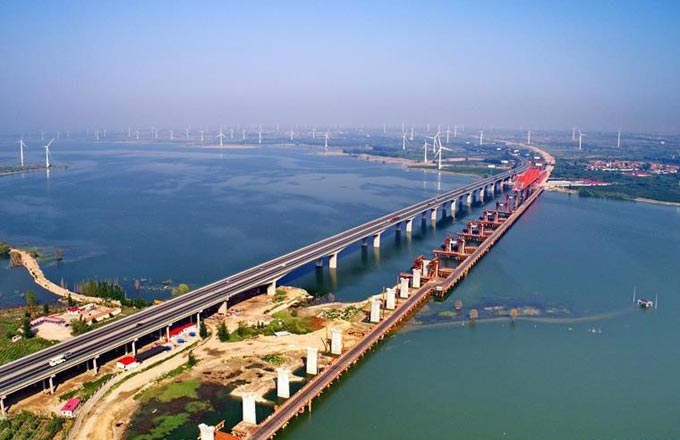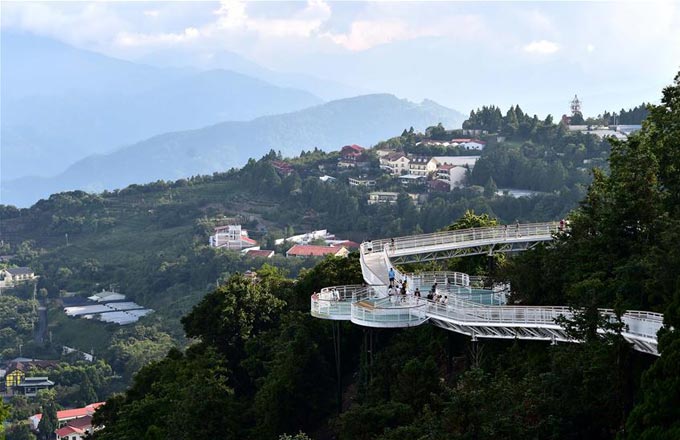Moscow and Beijing mull path to peace
Beijing and Moscoware in close communication on Russia's road map for settling the Korean Peninsula nuclear issue, Foreign Ministry spokesman Lu Kang said on Wednesday.
Russian Deputy Foreign Minister Igor Morgulov said Russia has drafted, and is ready to discuss with its partners, a road map on denuclearization and overall peace on the Korean Peninsula that includes a phased plan to bring the parties toward dialogue without preconditions, Russia's Sputnik News Agency and Radio reported on Tuesday.
Morgulov said Russia supports China's proposals to solve the issue and opposes unilateral sanctions against the Democratic People's Republic of Korea that aim to put an "economic chokehold" on Pyongyang.
"China welcomes and is open-minded about any constructive efforts that will help to push forward the denuclearization of the peninsula and maintain peace and stability in the region," Lu said at a daily news conference in Beijing.
China and Russia are "in close communication" through their comprehensive strategic partnership of coordination, and the two sides are "coordinating on international and regional issues", Lu said.
China has a "dual track" approach to denuclearizing the peninsula and ensuring peace. It includes a suspension of Pyongyang's nuclear and missile activities, as well as a cessation of large-scale military drills by the United States and the Republic of Korea.
"The proposals - which aim to solve the most urgent concerns of all parties and find a breakthrough for resuming talks - have won increasing understanding and support from other countries," Lu said. "They also coincide with Russia's proposal, and the two sides are currently staying in close communication on the road map for settlement of the peninsula nuclear issue."
Lu added that the US and DPRK are direct parties to the issue and hold the keys to solving it.
"China would be glad to see the two sides improve ties through direct talks and create conditions for settlement," he said.
Li Yonghui, a senior researcher of Russian foreign policy at the Chinese Academy of Social Sciences, said that the peninsula nuclear issue has affected the security and stability of Northeast Asia and that denuclearization serves the common interests of China and Russia.
"The two countries' coordination and cooperation on this issue will help to solve the crisis and maintain regional peace and stability, as well as set up a new security mechanism in Northeast Asia," she said.



















